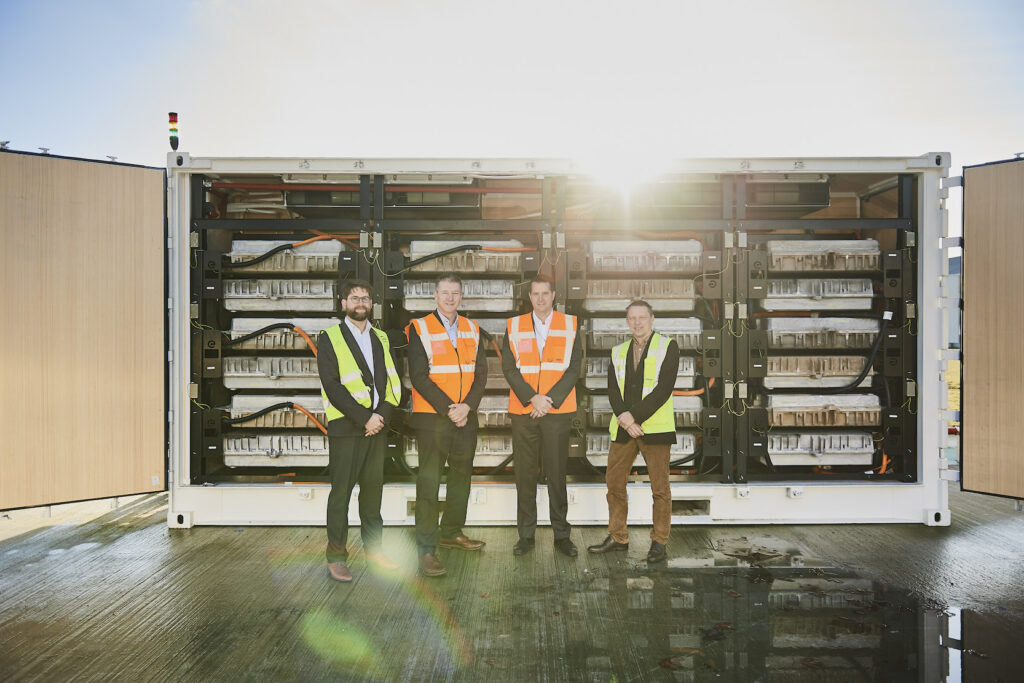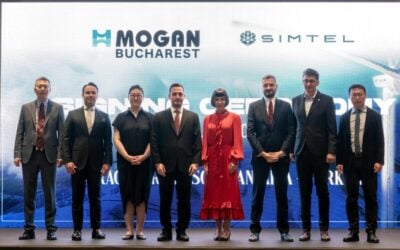
Nissan, Renault and Mercedes-Benz are at the forefront of providing EV batteries for companies developing second life battery energy storage systems (BESS), but the market for such batteries is still thinly-traded.
That has become clear from interviews conducted by Energy-Storage.news for an upcoming feature on the second life BESS market for PV Tech Power, Solar Media’s quarterly journal on the downstream solar and storage sector.
Enjoy 12 months of exclusive analysis
- Regular insight and analysis of the industry’s biggest developments
- In-depth interviews with the industry’s leading figures
- Annual digital subscription to the PV Tech Power journal
- Discounts on Solar Media’s portfolio of events, in-person and virtual
Nissan and Renault are emerging as leaders in providing second life batteries to companies that specialise in repurposing them into stationary storage systems.
Mercedes-Benz, through subsidiary Mercedes-Benz Energy (MBE), is also active in working with outside companies but is mainly providing test vehicles or off-the-factory-line modules rather than ones that have actually been on the road.
“MBE is at the forefront in providing quality-assured batteries,” said a source in the second life BESS market.
Nearly all automotive groups with developed product lines of EVs are working on ways to incorporate used batteries into second life BESS units to some extent. But those outside these three have tended to keep these under wraps, in-house, or have limited their publicly announced moves to single, large-scale projects.
Unsurprisingly, the marketplace for buying and selling used EV batteries from third parties today is small, with pricing still determined by the market for new batteries.
“Right now the price dynamics are obscure because there are only a few companies buying and selling them so it’s not a liquid market,” another source said.
“We see a price range of €60-70/kWh (US$59.88 – US$69.86/kWh) for lower quality modules and €140-€160/kWh for higher quality ones. Compare that to around €200/kWh for new modules, although that is in light of a decades-long fall from €1,000 to €100 which was reversed last year.”
“Obviously the price of second life shouldn’t be influenced by current lithium or new battery shortages but it’s still influenced, because sellers know what they can charge.”
It should be said that providing used EV batteries to companies developing second life BESS products is far from the only solution, or even the most sustainable. Battery packs can also be reused for other vehicles, sold direct-to-consumers or put into the recycling chain.
Piotr Grudzień, Innovation Consultant for Bax & Company wrote a lengthy guest blog for Energy-Storage.news on the topic, specifically covering Europe, back in June this year.






